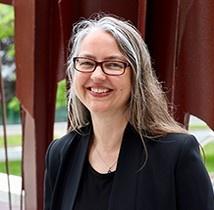Book Review: The Performance of Africa's International Courts: Using Litigation for Political, Legal and Social Change
Even though Africa has proven to be a fertile ground for testing international legal regimes, most scholarly accounts remain pessimistic in assessing these experiments. This book seeks to counter these depictions in a manner consistent with epistemologies of the Global South - arguing that theories and concepts developed in the Global North do not transfer with ease to other regional settings and prompts scholars to identify alternative ways of knowing
